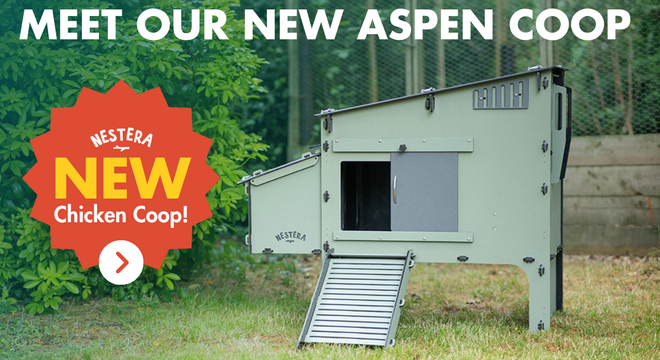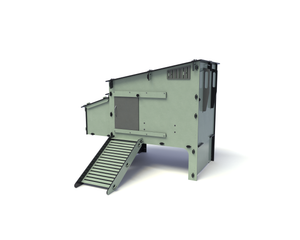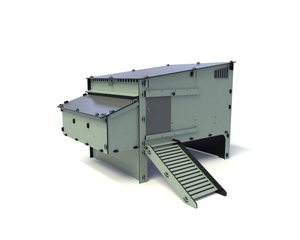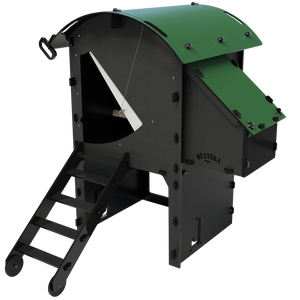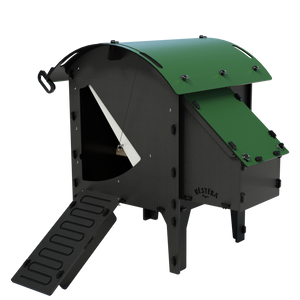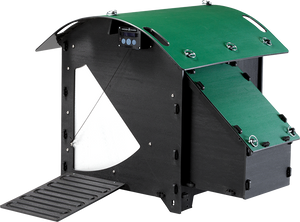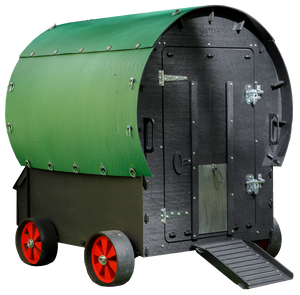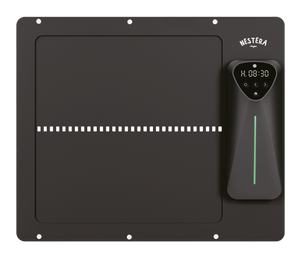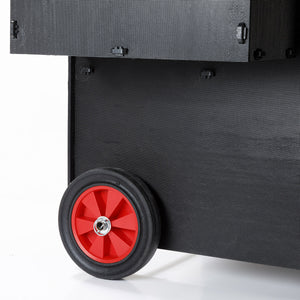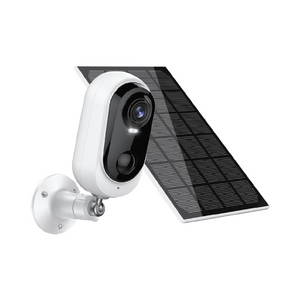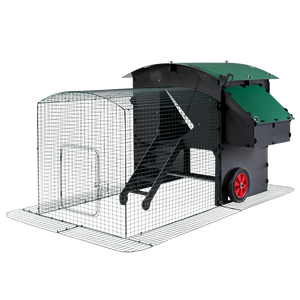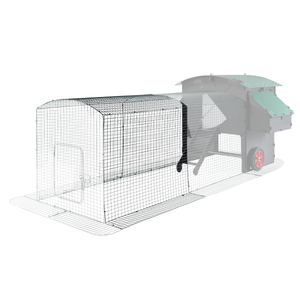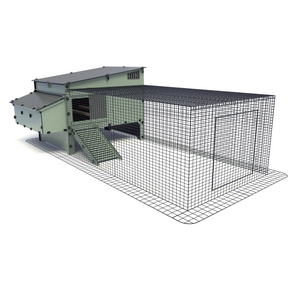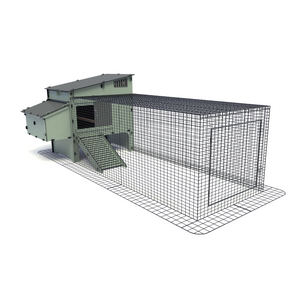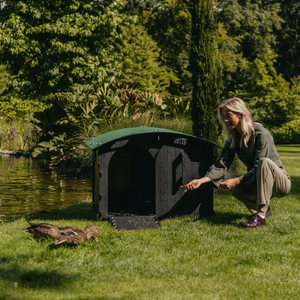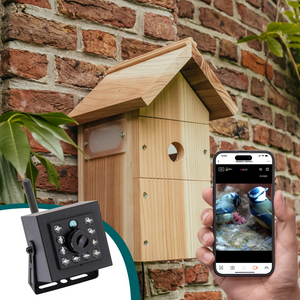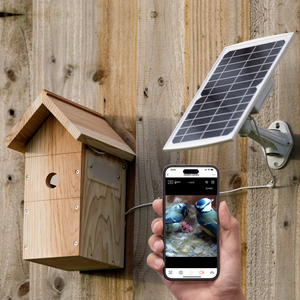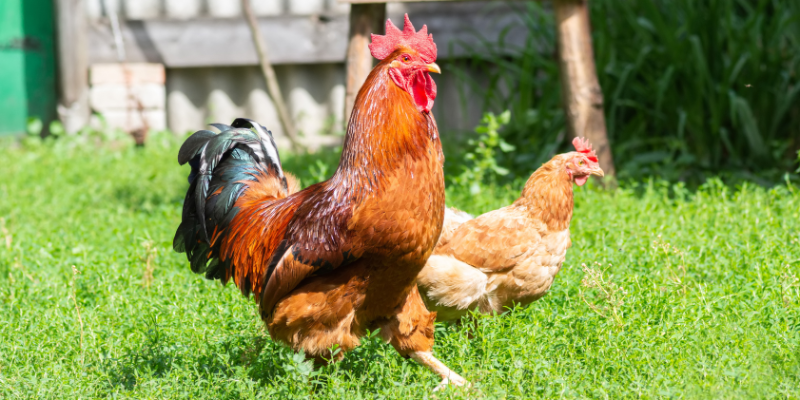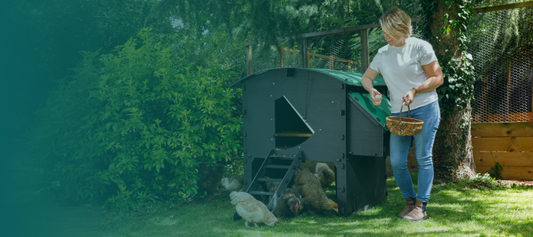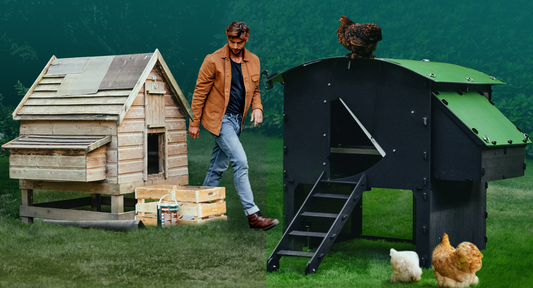Know your terminology
OK, first things first, let's get the terminology sorted! In the US, people refer to a mature male chick as a Rooster, while in the UK, the official term is a Cock.
For obvious reasons, we more commonly use the word Cockerel, which is technically a male chicken, under the age of a year.
Fertile eggs and chicks
A flock of hens does not need a rooster/cock to be able to lay eggs. Obviously, if you need fertile eggs for hatching, you will need one. Contrary to popular belief, you will NOT end up with hundreds of chicks running around!

Fertile eggs sit in a kind of stasis until the conditions are right for them to develop. If you collect the eggs regularly and store them in a cool area, having your eggs hatch won't happen.
It is perfectly safe to eat fertilised eggs, which will taste and look the same as an unfertilised one.
Mating Rituals
Male birds tend to be most fertile in their first three years. During the Spring and Summer, the testes will naturally enlarge, resulting in them mating the hens more often.
Hens may lose feathers on their back due to claw damage. They may also lose feathers on their neck due to beak damage.
Males cause this damage by holding on to the hens. Any ‘preferred’ hens may receive far more attention and damage as a result.
You can alleviate this by using hen saddles, which are small pieces of cloth with elastic on each side. These loop under the wings and prevent feather or skin damage.
Try to have as many hens as possible to ‘share out’ the attention he gives and only have one male per flock.
Pros of having a Rooster in the flock
Rooster/Cocks are incredibly beautiful birds and are generally much more stunning than their female counterparts. They bring harmony to a flock by helping to establish the pecking order.
They are often fiercely protective of ‘their girls’ and the males will call to the females to alert them of ground or aerial predators. They are super at making sure the flock is all in at night and will often guard the chicken coop door until it’s closed. For extra comfort and security, you can install our automatic door opener.
Roosters find treats for their harem and share them with the hens by repeatedly picking up and dropping tasty morsels. 'Tid-bitting' is the term used to describe this behaviour, and it is adorable. It asserts them as a great provider, a bit like asking someone out for dinner!
Cons of having a Rooster in the flock
The two greatest downsides to cockerels is the crowing and misplaced aggression.
Crowing: Some people love the sound of crowing while others hate it, especially early in the morning.

Aggression: Aggression is worse in Spring and Summer when testosterone is high and they compete with other males. Roosters may perceive humans as a threat because of their larger size and dominance. Even though humans have no intention whatsoever of mating with hens. The mind boggles!

Some chicken breeds are gentle, like Cochins, Brahmas, and Orpingtons, while certain bantam breeds can be aggressive. This is not surprising given their small stature compared with most predators.
In conclusion, flocks of hens manage well with or without a male. If you can have a suitable rooster/cock the advantages probably outweigh the disadvantages.
If for whatever reason chicken keepers are not able to have a rooster/cock, the girls will manage perfectly well without one provided your security is top-notch. Our run provides top-notch protection, ensuring your chickens can start their day early and feed without worries. It also offers a safe space for new birds to get used to the coop and surroundings. Make sure your flock has access to an extra area for most of the day, large enough for them to behave naturally and stay safe from predators.
